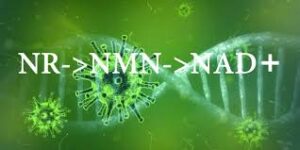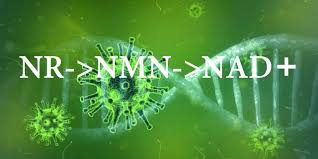If you are a staunch follower of scientific research and news about aging and longevity, you must have read about a crucial molecule called nicotinamide adenine dinucleotide (NAD). You might know that this natural compound is important for human survival and it reduces with the increase of age. There are some methods of boosting NAD levels. But sometimes, people get confused between NAD and NR, both of which are similar molecules. Even if you do not study cells as a profession, there is a list of main differences between NR and NMN provided below.

- NR is a vitamin unlike NMN
Pure NMN is anything but a vitamin or a type of vitamin because it has a phosphate group. There is no research which states that NMN can generate NAD in humans either.
- NR boasts 4 published human researches. NMN has none
The only published trials of NMN are in rats and mice. However, NR has 4 published human trials. All of them guarantee that NR is effective and safe for NAD production in people.
- NMN creates NAD in 3 steps whereas NR needs 2
In the supplement form, NMN needs to convert into NR first in order to go inside the cell. After entering the cell, it returns to the original NMN form to create NAD. This 3 step process is inefficient. Comparatively, NR can easily enter the cell which means it only needs 2 steps to generate NAD.
- NR boosts NAD by 60% but NMN might not
In a 2018 research, 1000mg a day of NR Supplement boosted 60% of NAD levels. But there’s no information on NMN increasing NAD levels.
- NR is taken by mouth but NMN is usually injected
In trials, NMN is injected into food or water. But since NR is a vitamin, it is administered in pill form during trials.
- NR has 3 FDA safety notifications but NMN has none
The only commercial form of NR called Niagen has been reviewed by FDA twice and has been notified to FDA as GRAS (generally recognized as safe). But NMN has zero safety notifications.
- NR has a minimum of 4 trials proving it’s safe but NMN has none
There is no data which states that NMN is safe for consumption in humans. However, NR is safe and can be tolerated by people.
It is clear that NR is more effective to boost NAD levels as opposed to NMN.
